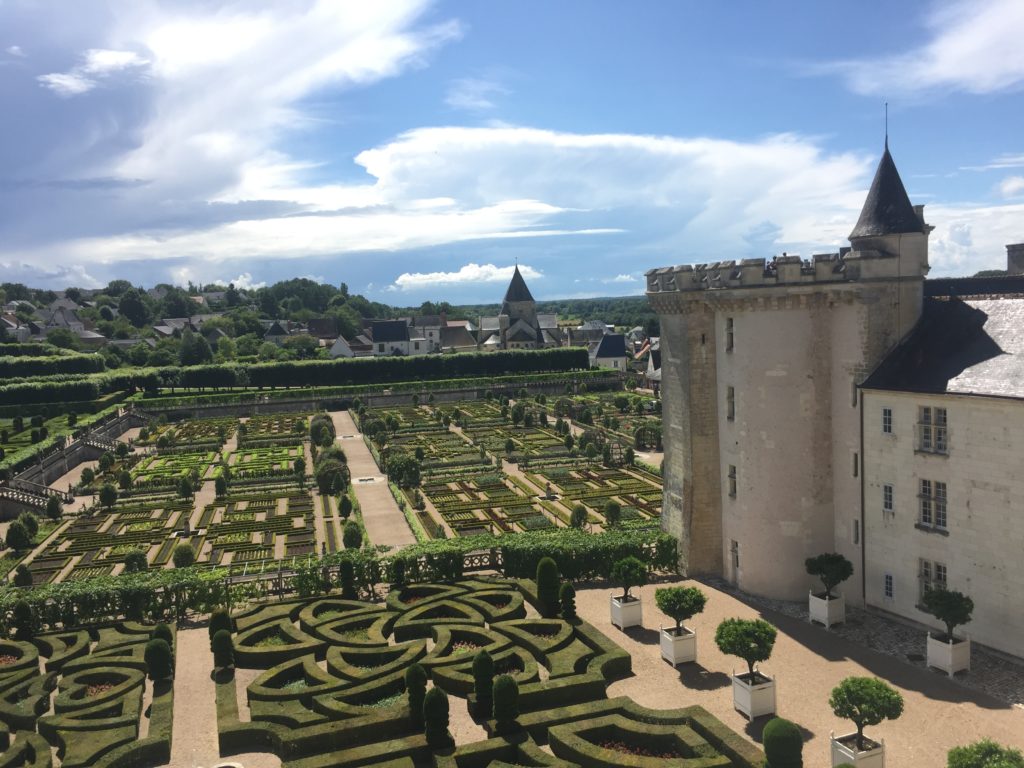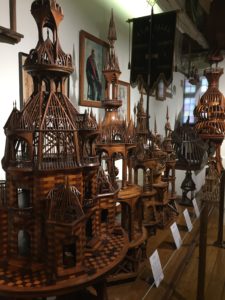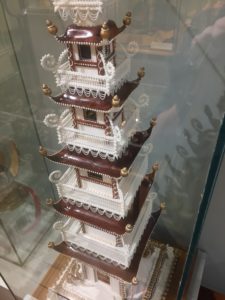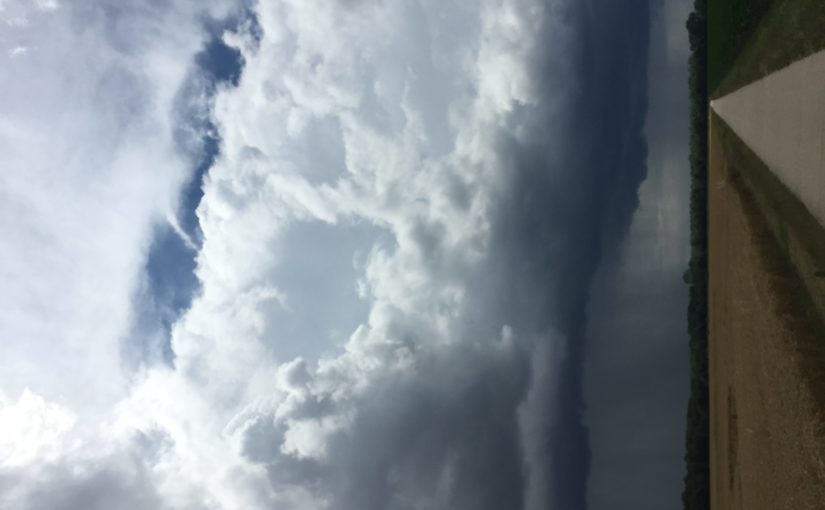Guillame Vadot, a professor at Sorbonne, began to film police harassing a woman at a train station. He claims the police spotted him and assaulted him, purposefully breaking his phone in the process.
This happened last September, but since Vadot is appealing to have his case reviewed again after its dismissal in Spring, he appeared in Le Monde. It seemed a curiously small story next to pieces about the recent parliamentary elections and the Paris Accord meetings, so I brought it up in class and at dinner.
In class, many students voiced concern with police violence, particularly Americans. My professor mentioned that police violence has increased in France recently, making it a controversial topic almost to the degree that it is in America. There have already been several protests in 2017, and the swell of defensive sentiment is often attributed to tensions resultant from mass immigration and Marine Le Pen’s politics. Guillaume Vadot’s renewed appeal continues his ongoing fight to voice the concerns of protesters, so his story remains socially relevant.
Amidst all this, I couldn’t understand why Macron intends to order a temporary police state. His intention is contested on TV, in newspapers, even in Snapchat feeds. I asked my host family what such a state would mean.
Although there has been disquietude at the potentially unrestricted liberties of police in Macron’s police state, my host family only expects an increase in police presence. In response to the series of recent terrorist attacks and in defense of a spectacle like the Tour de France, granting more power to the police seems reasonable to them. They said it’s not unusual, just the way it has to be for awhile. I remembered seeing armed policemen outside the train station last week, where usually there were none.
Life in the Loire remains as peaceful as ever, however. Under an intermittently raining sky, I biked along a scenic path to the yet more picturesque gardens of château Villandry, where vegetables of all kinds grow to this day in the potager. Gardens of flowers and spices grow next to it on one side, and on the other, hedges are trimmed in patterns commemorating different kinds of romances (perhaps the most French thing I’ve ever seen). Villandry’s gardens draw more visitors than the château itself, and walking through them with fellow students makes for a wonderful Wednesday afternoon.


The next day, a friend and I spent the afternoon visiting La Musée de Compagnonnage and watching a documentary at Cinéma Studios. The museum commemorates the many craftsmen of Tours throughout history, sitting just across from a basilica. The cinema has its own history, hosting one of the longest-running cinema clubs in France. We watched the documentary without subtitles, and I could understand most of it. This came as a pleasant surprise.


I’ve spoken mostly French this week. I moved up a level in class and many of my friends left. Having only two weeks left, I decided to spend my lunches at the Institute with a group of international students who speak French with each other, and in class I refuse to speak English. On one hand, it’s hard to readjust to the constant changes in students. On the other, I feel refocused. Having little interest in new friends, I study more and see the Loire as uncharted again.
I had planned to visit Chambord–the largest château in the Loire Valley–but it rained heavily this weekend. I would only have had a small window to visit due to bus schedules, and without a raincoat, staying home seemed wiser. I read Harry Potter, did my schoolwork, listened to French radio.
All the routine activities that comprise my French studies go significantly further in France. Spending a weekend getting some needed R&R felt just fine. I’ll make the last week count.
